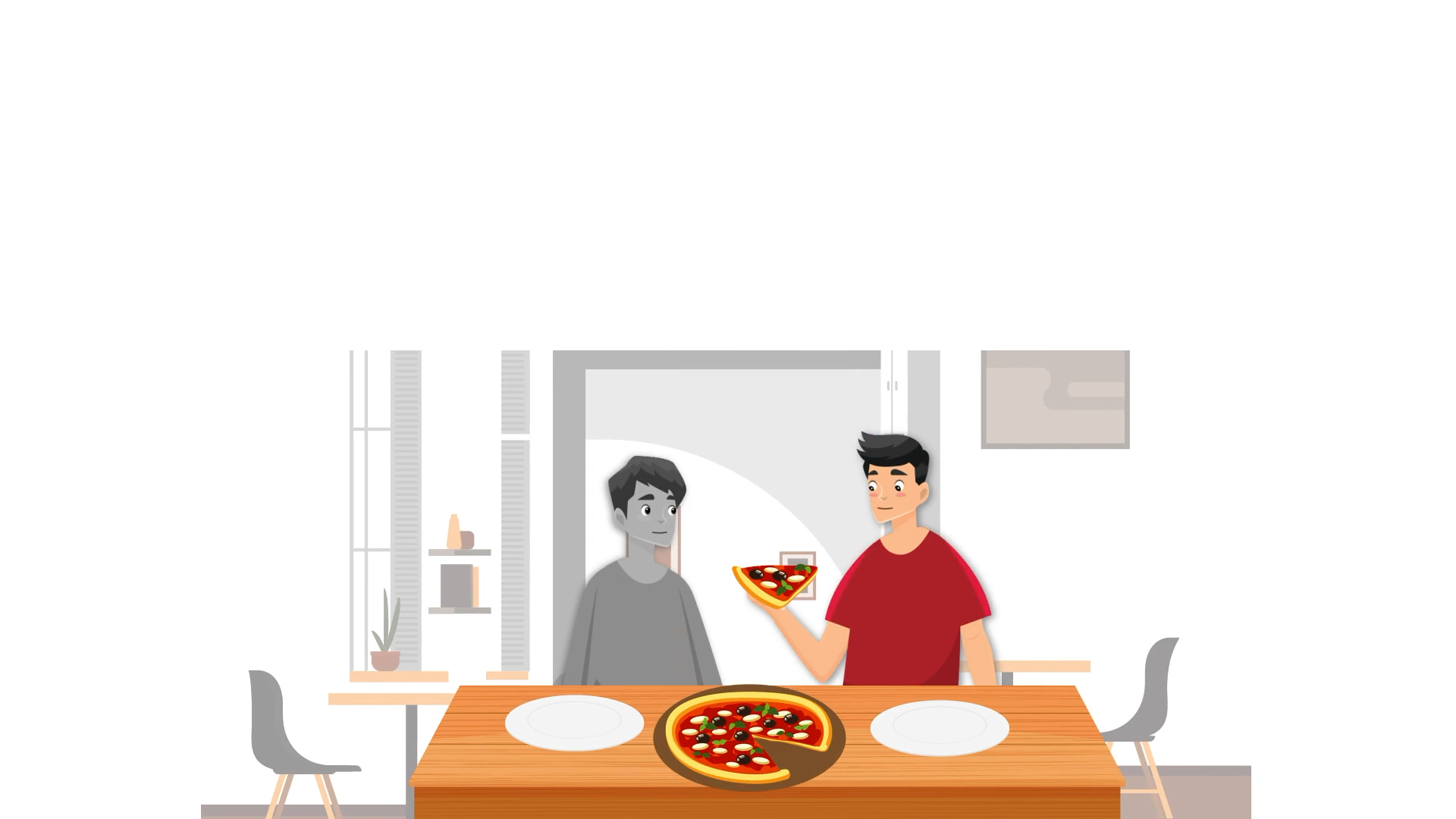
Introduction
Eating a meal with others is an essential social experience for everyone. For students in special education, understanding and practicing the Restaurant Rules can help them navigate social situations during mealtime more effectively. These rules include thinking about hygiene, using self-control, and practicing good manners. By teaching these skills, educators can help students feel more comfortable and confident while dining with others, whether it’s with family, friends, or at a restaurant.
No-Prep Activity
Here’s a simple no-prep activity to help teach the Restaurant Rules to special education students:
Role-Playing Mealtime Scenarios
- Divide the students into pairs or small groups.
- Assign each group a specific mealtime scenario such as eating at home with family, dining at a friend’s house, or visiting a restaurant.
- Ask the students to role-play the scenario, focusing on practicing the Restaurant Rules: hygiene, self-control, and good manners.
- As they role-play, encourage the students to think about how their actions affect the people around them and how using the Restaurant Rules can make the experience more enjoyable for everyone.
- After each group has finished role-playing their scenario, have a brief discussion about what they learned and how they can apply the Restaurant Rules in real-life situations.
Discussion Questions
Use these questions to stimulate further discussions about the Restaurant Rules and their importance:
- Why is it important to practice good hygiene during mealtime? How does it affect others around you?
- How does using self-control help you and others enjoy the dining experience more?
- What are some examples of good manners you can use during mealtime? Why are they important?
- How can practicing the Restaurant Rules help you feel more confident and comfortable when eating with others?
- Can you think of any other situations where the Restaurant Rules might be helpful? Why?
Related Skills
In addition to the Restaurant Rules, there are other relevant skills that can help special education students improve their social interactions during mealtime and beyond:
- Active Listening: Encourage students to listen attentively to others during conversations, which shows respect and helps build stronger relationships.
- Empathy: Teach students to put themselves in others’ shoes and understand their feelings, making them more aware of how their actions might affect those around them.
- Nonverbal Communication: Help students become more aware of their body language, facial expressions, and gestures, which can significantly impact their interactions with others.
- Problem Solving: Equip students with strategies to handle conflicts or challenging situations in a constructive and respectful manner.
Next Steps
Now that you have an understanding of the Restaurant Rules and their importance in social-emotional learning for special education students, take the next step by exploring more resources and activities. Sign up for free samples of skill-based materials and other valuable resources at Everyday Speech to enhance your students’ social skills and help them thrive in various social situations.

